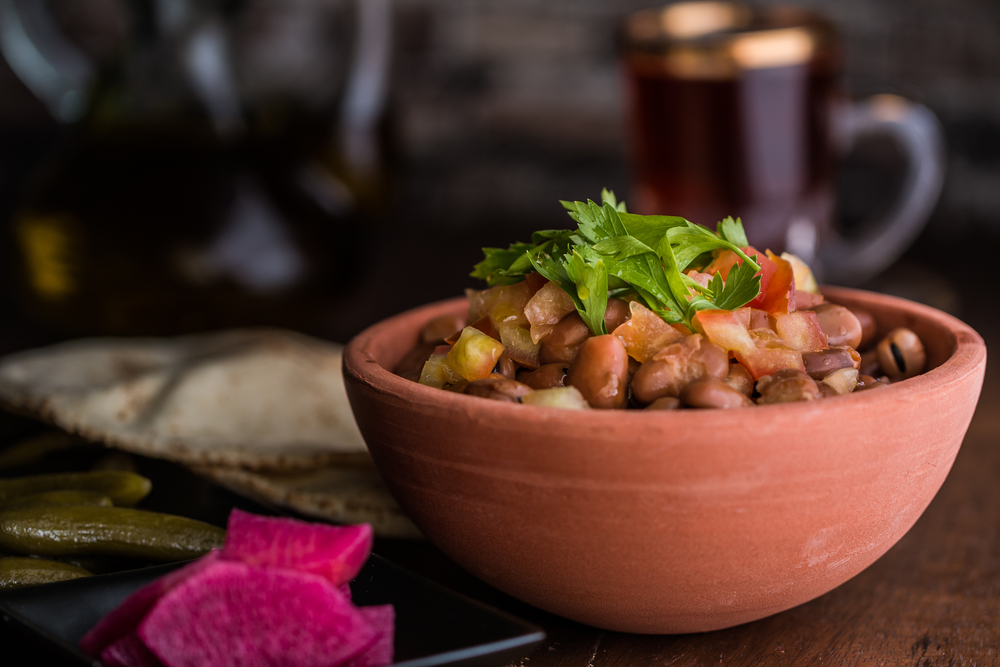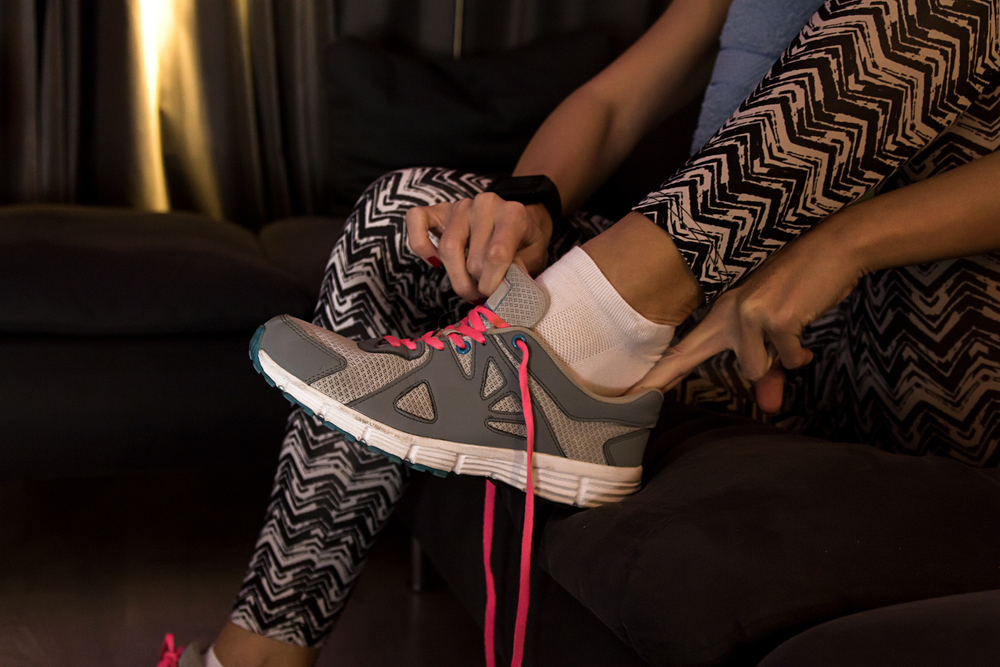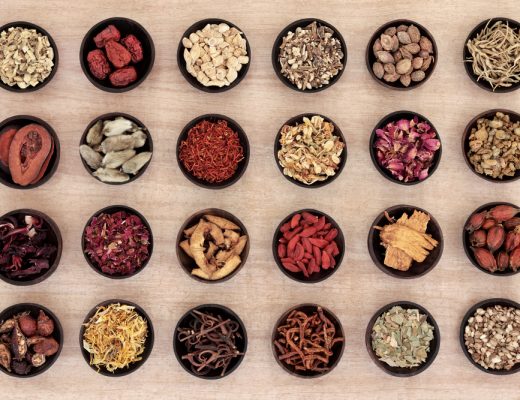Ramadan is as close as this weekend, and if you’re planning on fasting, these 10 simple things will make it easier for you.
As beautiful as Ramadan is, it can be very tiring, especially if you are both working and fasting. During this time it is easy to fall off track and made some bad health decision, especially when it comes to eating, drinking and exercising.
These 10 tips will help you stay active, healthy and comfortable throughout fasting. Read more about Ramadan.
1. Keep hydrated
Since you won’t be drinking throughout the day, it is important that you hydrate your body between iftar and suhur. Drink an adequate amount of water, as many as 8 glasses, and sip on juice or yogurt smoothies.
You should also include fluid-rich foods in your suhur and iftar. These could be yogurt, watermelon, tomatoes, cucumbers, lettuce, pears, as well as soups and stews.
However, you should refrain from sugary drinks, like soft drinks and jallab or amareddine (peach drink). Drinks that contain high levels of sugar will give you a short-term kick of energy, but as insulin kicks-in you’ll crash and crave for more sugar and water.
2. Cut caffeine
Cutting caffeine might be one of the hardest thing you’ll do, but it can make the difference between annoying fasting and comfortable fasting. And since it is difficult to give up, you might want to start drinking less caffeine right now.
Caffeinated drinks such as coffee, tea and sodas make most people urinate more often, leading to dehydration. So if you spend the hours after iftar drinking coffee or tea, you will most likely drain your body from all its fluids before suhur.
Also, millions of people depend on coffee to give them the energy boost to be productive. When you’re fasting and can’t have your daily does, you might get both lazy and aggressive, which will exhaust you even further.
3. Wake up for suhur
Waking up early is difficult, that’s why the snooze was created. But just like breakfast is the most important meal during regular days, suhur is more important than iftar.
By the time you wake up for work, your body will already have used up most of the energy you’ve collected over iftar. By having a nutritious suhur, you’ll have enough energy to be productive until iftar.
Make sure to include complex carbohydrates, such as fruit and vegetables, beans, chickpeas and lentils, in suhur, they will provide you with a energy throughout the day. Exclude salty and sugary foods, they will dehydrate you and make you more thirsty.
4. Sleep earlier
With everything going on in Ramadan, it is easy to stay up late. With a late iftar, family over, and Ramadan shows on all night, many people stay up until suhur- don’t!
Make sure to get at least 5 to 6 hours of continuous sleep each night. This will both help you wake up for suhur, as well as recharge your body for the next day.
5. Nap
Whenever you find the time, a 15 minutes nap can recharge your body and give you the energy needed to last until iftar.
Since you’re not eating, you can do it during your lunch hour at work, or as soon as you get home.
6. Have a modest iftar
While most Muslims today, especially those who can afford it, look forward to a big iftar, with a lot to eat from. Well, since it is Ramadan you might want to follow Prophet Mohammad’s “one third rule”, through which he recommends that you fill your stomach with one-third food, one-third liquid and one-third air.
After a fasting a whole day, you will be craving a lot, and it’s normal. This makes it easy for you to overeat without noticing. But keep in mind that your metabolism needs time to restart and having too much to digest can take a toll on your body.
You’ll have all night to eat, don’t rush into it.
7. Balance your diet
Even though you’d want to treat yourself to delicious food after a long day of fasting, you should go for the healthier options. Make sure that your iftar has good portions of fiber, protein and complex carbohydrates – a proper mix of all can go a long way.
Good sources of fiber are whole grains, beans, nuts, brown rice and skin-on baked potatoes, while lean meat, chicken breast and fish are good sources of protein. whole wheat bread.
Cereal, corn, oats, peas, and rice are good sources of complex hydrocarbons.
Stay away from fried and high-fat foods, they will not be helping you in any way.
8. Preoccupy yourself
While fasting, naturally, only one thing will be on your mind, food. So keeping yourself preoccupied and busy is a good way to keep your mind off your cravings, hunger and thirst.
A good way to keep yourself occupied is binge-watching TV shows, it doesn’t require much energy, you get caught up in the storyline, and after a few episodes iftar would be much closer.
You can also download some addictive games on your phone. Some games are so fun or tricky that a few levels can take hours.
9. Oral hygiene
We’ve all suffered from fasting breath, on both ends. You wouldn’t want someone talking to you to get disgusted just as much as you wouldn’t want someone talking to you to disgust you.
Since you’re not eating or drinking, you’re prone to dry mouth smell; it’s as bad as bad breath. Make sure to brush and gargle with mouthwash at least a few time during the day to keep that breath fresh.
10. Exercise
Ramadan is the time when people quit exercising the most. You tell yourself you will go back to running or the gym after Ramadan, but then never do.
Make sure to do some physical activity during the day, even if it is just walking around your building. Take a small break after iftar, but make sure to go for a 30-minute walk or a small jog after at least.














